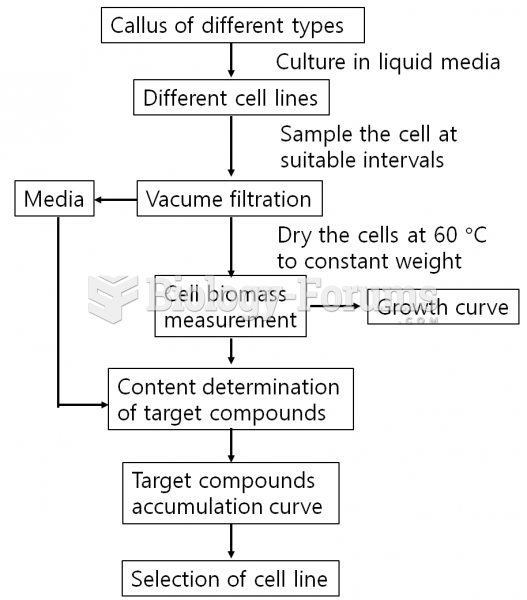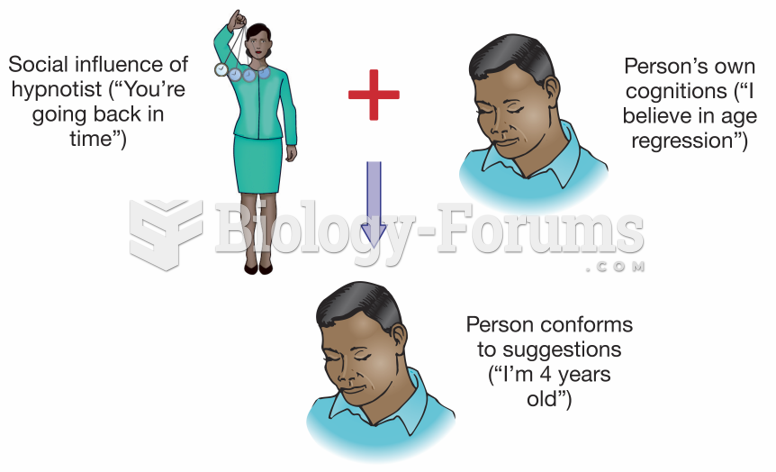|
|
|
Since 1988, the CDC has reported a 99% reduction in bacterial meningitis caused by Haemophilus influenzae, due to the introduction of the vaccine against it.
In 1844, Charles Goodyear obtained the first patent for a rubber condom.
Eat fiber! A diet high in fiber can help lower cholesterol levels by as much as 10%.
When Gabriel Fahrenheit invented the first mercury thermometer, he called "zero degrees" the lowest temperature he was able to attain with a mixture of ice and salt. For the upper point of his scale, he used 96°, which he measured as normal human body temperature (we know it to be 98.6° today because of more accurate thermometers).
A seasonal flu vaccine is the best way to reduce the chances you will get seasonal influenza and spread it to others.







